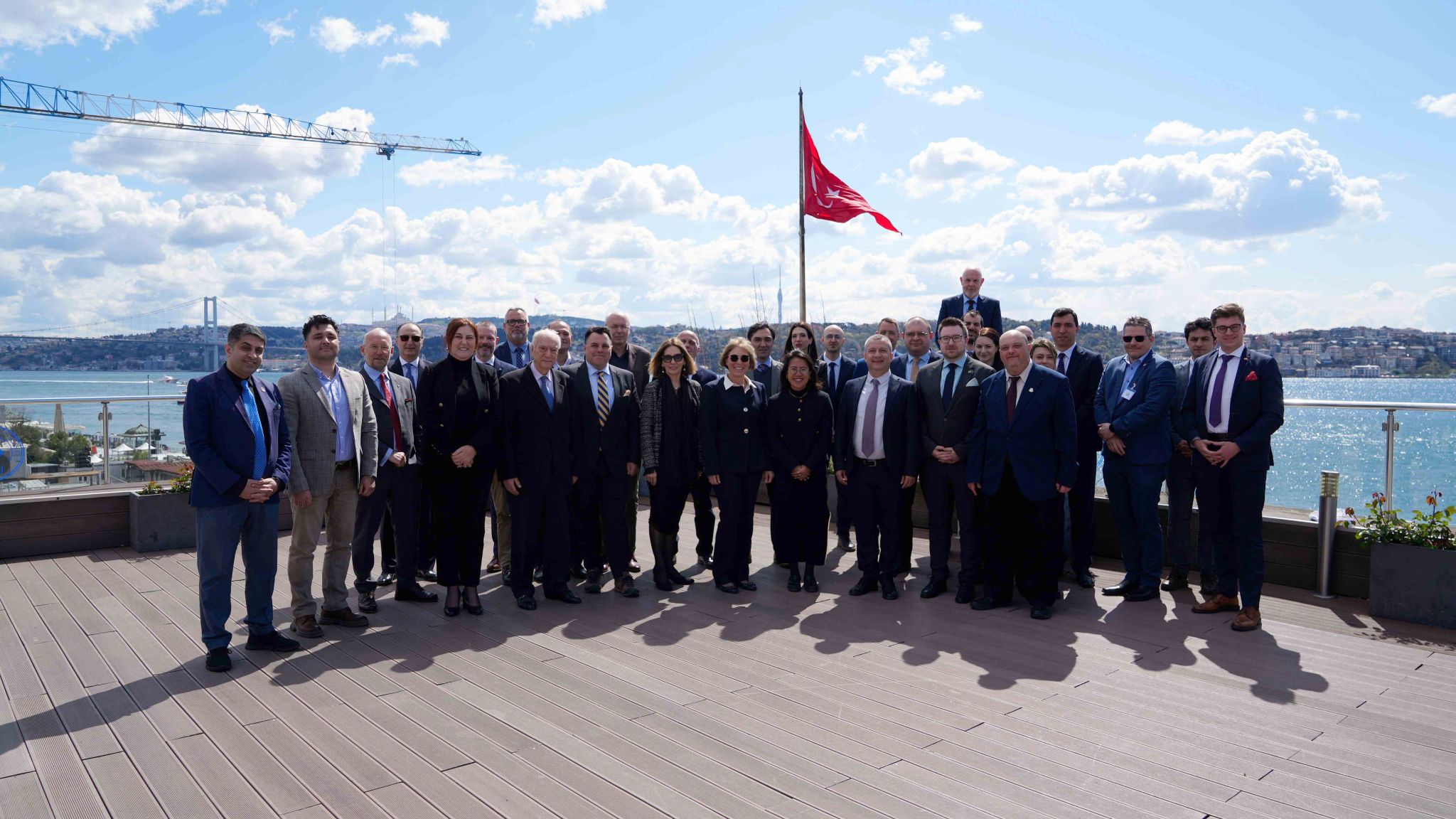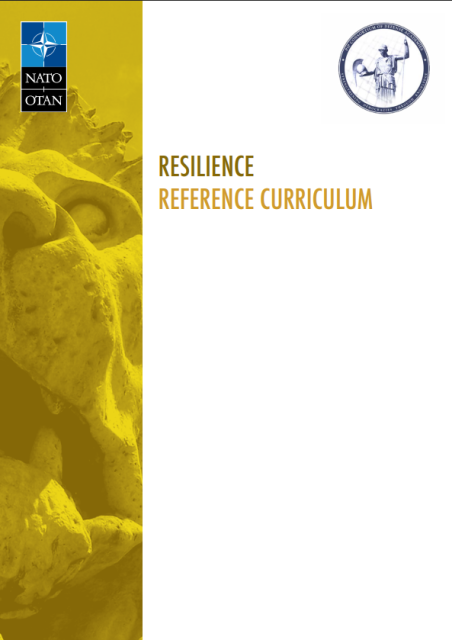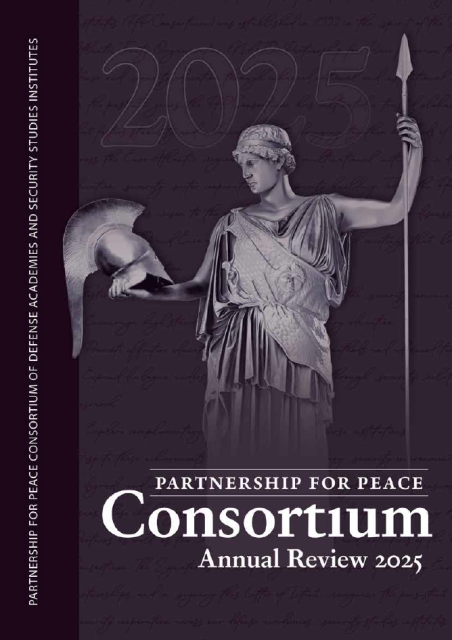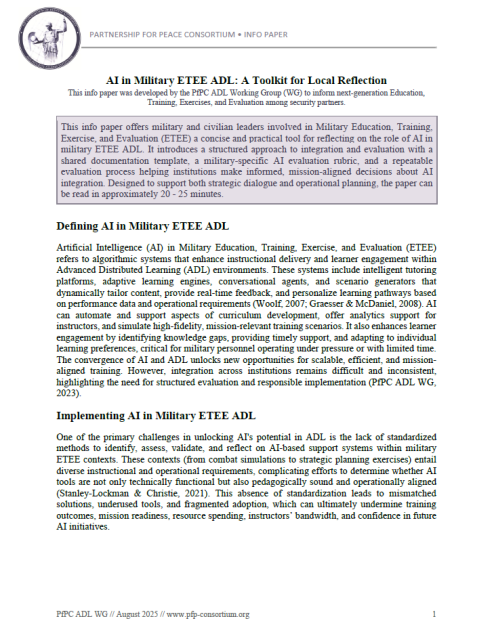
Istanbul, Turkey - From April 10–13, 2025, over 30 experts gathered in Istanbul for the 29th Workshop of the PfP Consortium Study Group “Regional Stability in the South Caucasus” to explore the transformative potential of emerging technologies in peacebuilding. Hosted at Bahçeşehir University and supported by Austria, Germany, and the United States, the event brought together thought leaders from Armenia, Azerbaijan, and Georgia. Notably, dialogue between Armenian and Azerbaijani participants was described as constructive and forward-looking—an encouraging sign for a region long marred by mistrust and conflict. The workshop emphasized the importance of “Peace Tech” as a vehicle not only for reducing tensions but also for creating inclusive platforms for continued collaboration across borders.
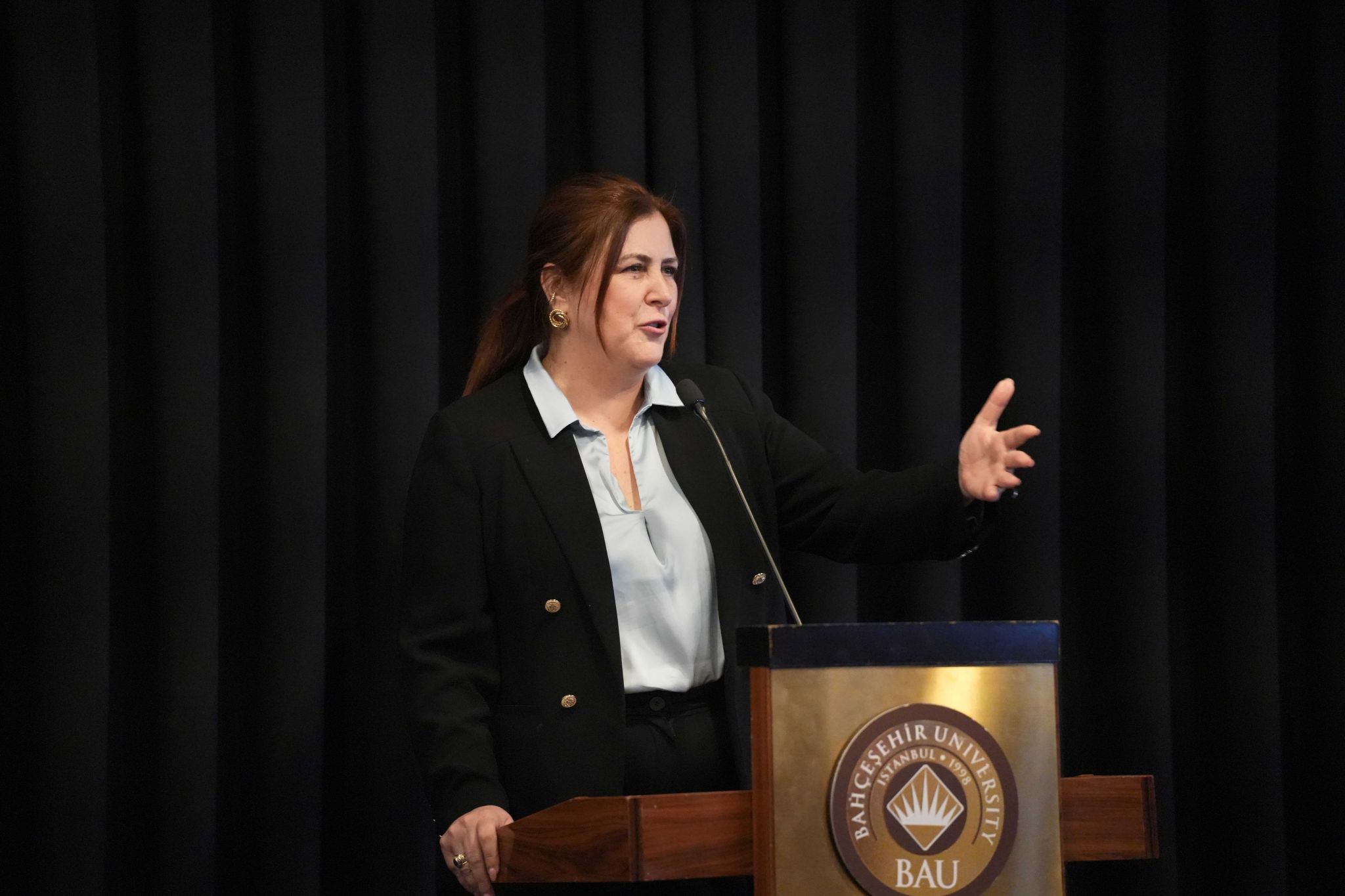
Peace Tech as a Strategic Tool
The conference underscored that emerging technologies—particularly artificial intelligence, cybersecurity innovations, and digital storytelling tools—can significantly influence peacebuilding efforts. Among the key proposals was the development of AI-powered early warning systems tailored to regional risks and the use of shared environmental and public health data to foster cooperation on “problems without borders.” Participants highlighted that AI should be trained on diverse, culturally relevant data to avoid bias and increase local relevance. Civil society, academic institutions, and private sector players were urged to collaborate on creating ethical and context-aware technologies that serve peace, not conflict. Transparency, inclusivity, and digital literacy emerged as recurring themes in ensuring the responsible governance of these powerful tools.
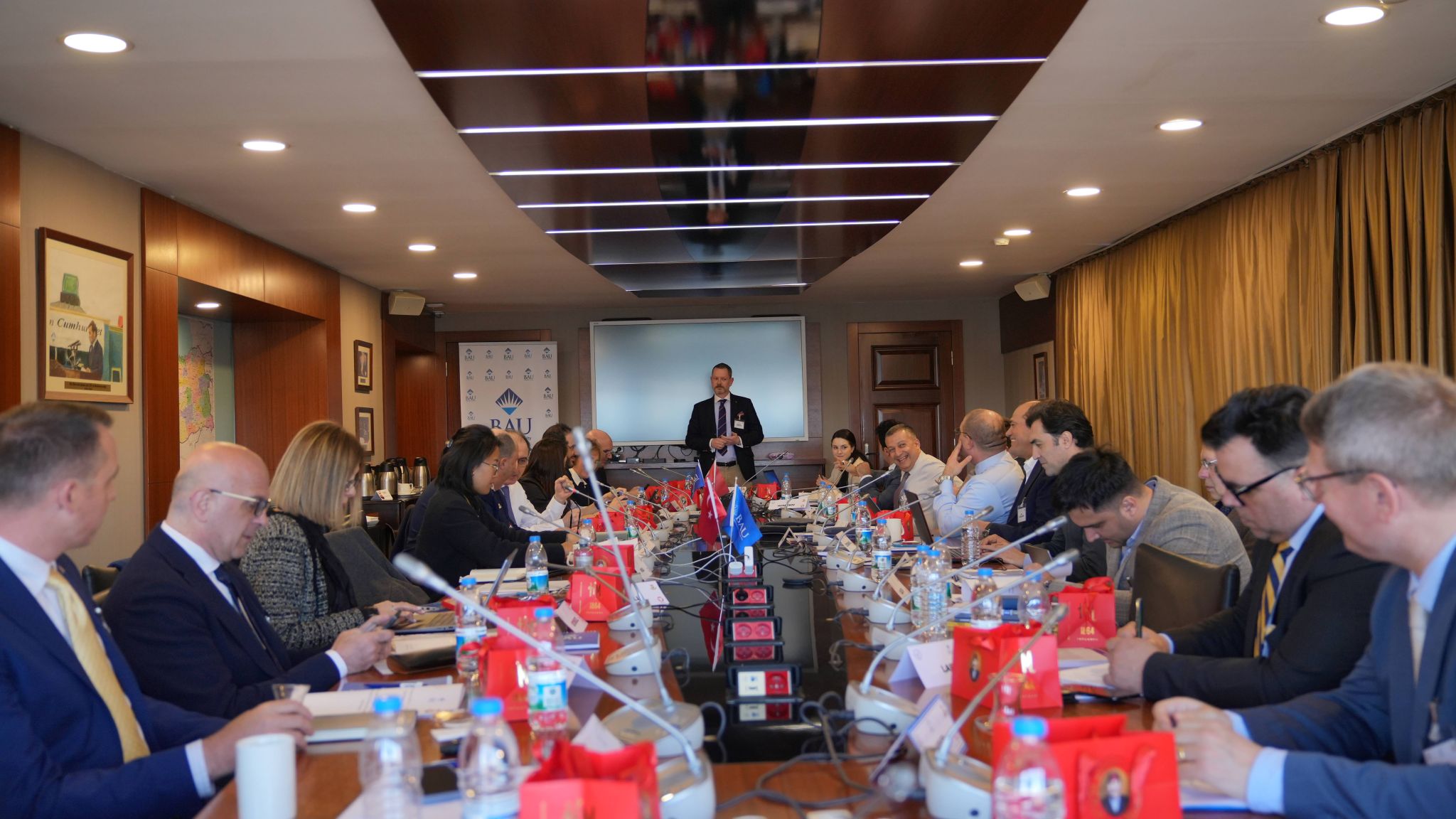
A Roadmap for Regional Stability
The workshop culminated in a series of policy recommendations aimed at harnessing the full potential of technology in conflict prevention. These included calls for a regional regulatory framework, AI oversight bodies, and investment in tech education and infrastructure. Specifically for Armenia and Azerbaijan, participants urged the formalization of a long-delayed peace treaty to establish a foundation for tech-driven cooperation. The European Union was also encouraged to streamline support for field missions with advanced digital tools. Ultimately, the event served as a reminder that while emerging technologies pose serious ethical and security challenges, they also offer unprecedented opportunities to rewrite the future of the South Caucasus—not as a battleground for rival powers, but as a testbed for peace.
The Policy Recommendations from this event are located on our products page, here. Alternatively, you can download them from the side bar on the left.
You can learn more about the Regional Stability in the South Caucasus Study Group here.
